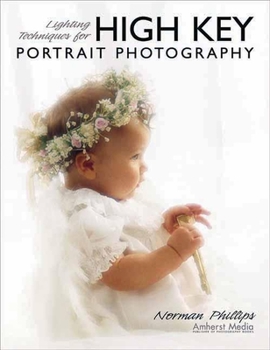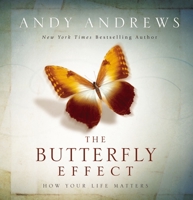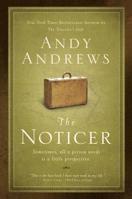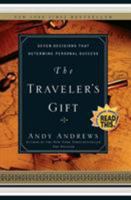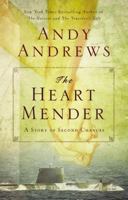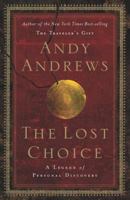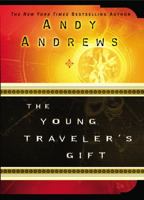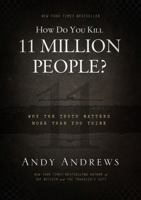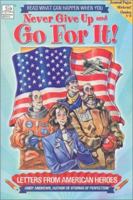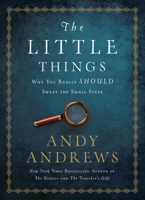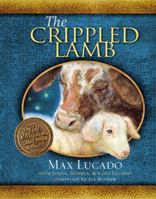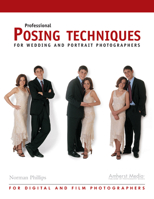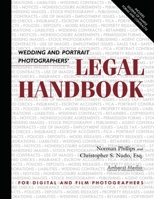Lighting Techniques for High Key Portrait Photography
Select Format
Select Condition 
You Might Also Enjoy
Book Overview
Customer Reviews
Rated 5 starsVery helpful reference...
I bought this book because of positive customer reviews and I was not disappointed after reading it myself. The author provides a very comprehensive and informative approach to just about every aspect of high key lighting techniques and none of it goes over your head. I definitely recommend this book to photographers at any level.
0Report
Rated 5 starsGreat how to book
I have been able to master most of the lighting set ups it want except of coarse for that challengeing one of high key. This book I found to be a real help with finally understanding why i never could really get the backgrounds gleaming white. This book explains well and gives specific instruction. A good book.
0Report
Rated 5 starsExcellent!!
This give all the info you need to get perfect High Key images. It gives all the light setup, type of backgrounds to use, model placement, and f/stop measurement. There are lot's of photo examples. Very well written.
0Report
Rated 5 starsAw-Ah...FINALLY!
This book gets a high recommendation from me. You will read this book and often say to yourself, "aw-ah". Lighting Techniques for High Key Portrait Photography is for those of you who are just starting out and those of you who have been at it a while and just can't quite achieve the results you are looking for. It's easy to read, easy to understand, offers great diagrams and wonderful examples. It will definitely help you...
0Report
Rated 5 starsMystery Revealed
As a proven do-it-yourselfer, I can recommend reading this material for understanding light ratios used in high key lighting. Over the years I stumbled with this and never figured it out on my own. I managed to achieve a style by accident but I never did find the right combination for glowing white portrait lighting. Now I have read just some of the first portion of this book and find it so very worth my money to have this...
0Report











